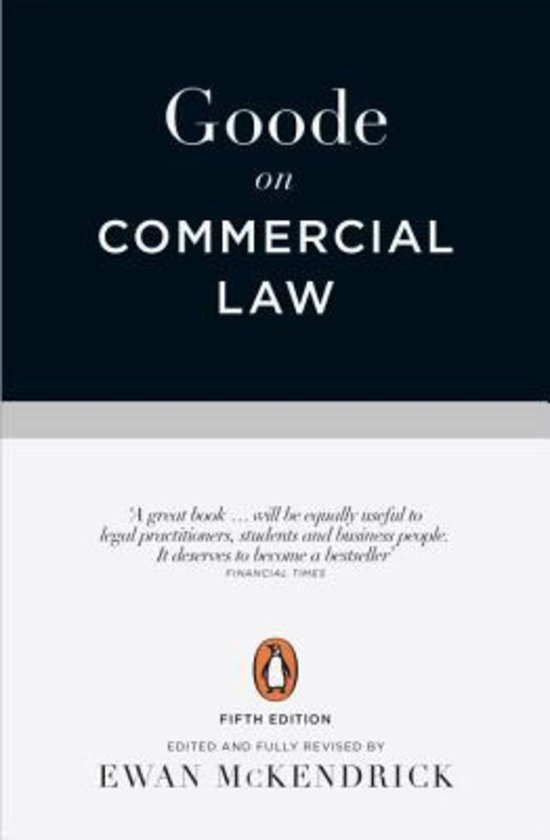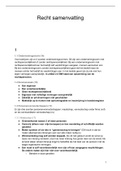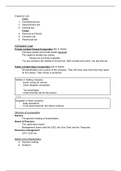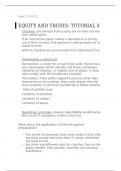Negotiable instruments are still used to a significant degree as a method of payment
in the commercial world, especially in the area of international trade.
They encapsulate many of the fundamental principles of commercial law in that:
a) mercantile law and usage has been and remains an important influence
evidenced by the fact that it was this that led to the development of the bill
of exchange as common law refused to recognise the transferability of a debt
b) certainty is very important in commercial law and it is particularly important
for bills of exchange to be certain in terms so that they carry their own
validity on the face of the instrument so enabling them to be freely
negotiable
c) protection of the bona fide purchaser for value is paramount and this enables
such a purchaser to acquire a better title than his transferor. Negotiable
instruments represent a major exception to the nemo dat rule and enhance
the marketability of the instrument.
Instrument
A document which physically embodies a payment obligation so that the possessor of the
instrument is presumed to be entitled to claim payment of the money it represents.
- Goode: ‘a document of title to money’.
- If an instrument is payable to bearer, or to a specified person or his order, and it has
been indorsed by or with the authority of that person, it is described as being in a
‘deliverable state’.
- The possessor (holder) of an instrument in a deliverable state is presumed to be
entitled to payment of the money due under it. This is because the instrument
embodies the contractual right to payment and that right is transferable by mere
delivery.
- It is a tangible thing therefore a chattel. Its owner has the same powers as the owner
of any other property. He can sell it, transfer it give it away as a gift.
- Ownership and possession can be separated.
- Where a person has wrongfully taken possession a person with a superior right can
sue in conversion
- The real value of an instrument lies in the obligation it embodies. In legal terms, lies
in the fact that the legal obligation of payment of a sum of money can be negotiated
ie transferred;
The instrument is evidence of the existence of A’s liability to B. But not merely a piece of
evidence. A’s signature creates a new and independent obligation, where by A is liable to B
and any person to whom B transfers the instrument. The negotiable instrument creates a
new and independent obligation, completely different from the obligation deriving from the
initial transaction.
in the commercial world, especially in the area of international trade.
They encapsulate many of the fundamental principles of commercial law in that:
a) mercantile law and usage has been and remains an important influence
evidenced by the fact that it was this that led to the development of the bill
of exchange as common law refused to recognise the transferability of a debt
b) certainty is very important in commercial law and it is particularly important
for bills of exchange to be certain in terms so that they carry their own
validity on the face of the instrument so enabling them to be freely
negotiable
c) protection of the bona fide purchaser for value is paramount and this enables
such a purchaser to acquire a better title than his transferor. Negotiable
instruments represent a major exception to the nemo dat rule and enhance
the marketability of the instrument.
Instrument
A document which physically embodies a payment obligation so that the possessor of the
instrument is presumed to be entitled to claim payment of the money it represents.
- Goode: ‘a document of title to money’.
- If an instrument is payable to bearer, or to a specified person or his order, and it has
been indorsed by or with the authority of that person, it is described as being in a
‘deliverable state’.
- The possessor (holder) of an instrument in a deliverable state is presumed to be
entitled to payment of the money due under it. This is because the instrument
embodies the contractual right to payment and that right is transferable by mere
delivery.
- It is a tangible thing therefore a chattel. Its owner has the same powers as the owner
of any other property. He can sell it, transfer it give it away as a gift.
- Ownership and possession can be separated.
- Where a person has wrongfully taken possession a person with a superior right can
sue in conversion
- The real value of an instrument lies in the obligation it embodies. In legal terms, lies
in the fact that the legal obligation of payment of a sum of money can be negotiated
ie transferred;
The instrument is evidence of the existence of A’s liability to B. But not merely a piece of
evidence. A’s signature creates a new and independent obligation, where by A is liable to B
and any person to whom B transfers the instrument. The negotiable instrument creates a
new and independent obligation, completely different from the obligation deriving from the
initial transaction.












